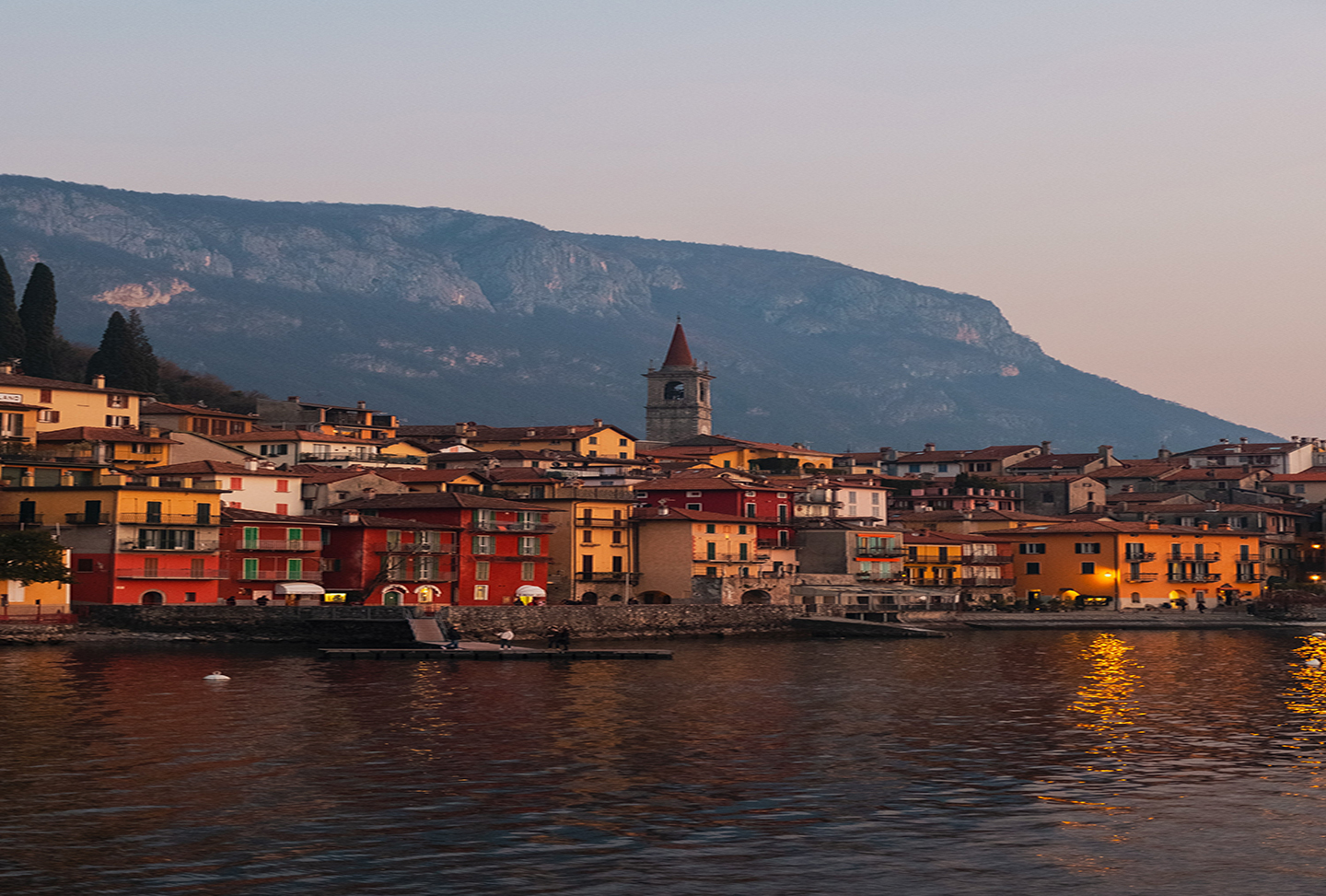Limitless possibilities in spectacular destinations, Balance Holidays' exceptionally curated wellbeing travel experiences bring individuals on multi-sensory journeys that enrich and awaken the heart, body and mind..


Have you ever visited or lived in Italy for a year or more to come back home noticing the immediate differences amongst the cultures? If the answer is a yes then you will also agree there are notable elements within the Italian lifestyle that can be highlighted for adding positive effects to the current framework of life.
From eating a savoury breakfast to opting for a caffeinated cup to wash down dinner, these omnipresent factors within our day-to-day lifestyle may carry varying pros and cons for different individuals. However we believe there are certain aspects of the Italian way of life, which should be heard and can open a door to new light.
Overall, Italians carry a positive demeanour and perch themselves on the bright side of life. With beautiful beaches and weather, renaissance churches surrounded in foliage and unique artworks in every corner, there is always something wonderful to gaze with intent and peck at your curiosity. Albeit small delights, these contribute to the Italian’s ardour and positive outlook from everything to everyone. This pattern teaches us that being content and grateful for the things and people we have right now are ever more-so important than chasing dreams forged by society’s definitions. There is beauty in every corner and it is down to us to open our eyes and to greet it hello.
The culture of rush is devoid and redundant to Italians as everyday life is composed of taking things at an unhurried pace. Leaping ahead and overtaking somebody on the tube escalators or the urges of impatience over your daily cup of espresso, which is taking two whole extra minutes would be considered outrageously preposterous. Overall, Italians cradle a leisure tempo, from shopping at the local farmer’s market, an aluminium stove-pot-made cup of espresso to dinner parties and social events, Italians carry an emphasis towards indulging in the moment and the significance and quality on how time has been spent rather than on rushing and playing by each tick of the clock.
Besides going at everything in slow-mo, it comes at no surprise that generally Italians do not rise early nor schedule too much in advance. Having items pencilled into the diary for particular dates are customary however, should they find themselves strolling into a wine-tasting festival, spontaneity wins.
In a study published in Psychology Today, urgencies rope into stress, anxiety and a classic consequence: depression, which can often blindfold us from the beauty of life. By learning to taking things slow, you may just find yourself enjoying that blueberry muffin, the exact same one you've been ordering from the local coffee-spot since months ago.
Having explored a number of European countries across the summer, you will find one thing in common, shops being closed after noon for not one but several hours for lunch. Same goes for the Italians. Foreign travellers are quick to complain about not being able to indulge in a jot of stroll-by window-shopping in the summer heat, quickly labelling this custom of a "lunch vacation" frustrating however, this element may prove positive towards mood and motivational levels.
Taking ample time to firstly go home, prepare and indulge in a lunch under a tranquil and relaxed pace, which by now you should have established is part of the Italian DNA, is beneficial towards wellbeing. Referring back to the study by Psychology today, because rush causes stress, it can lead to knots of anxiety and deterioration of mental welfare. Not to mention, you will find that by extracting the component of haste and urgency can deliver more enjoyment in your meal as your focus sits in the delectable plate in front of you rather than fussing about incomplete work in the office. Have time left to spare? Take a nap and feel refreshed!
Compared to the generic cold with a chance of grey mood setup in London, experiencing a significant increase in tactility such as a double cheek kiss and a squeeze of your shoulders is the standard framework for greeting and socialising amongst Italians. At first, these gestures of warmth and welcoming may seem unexpected and unfamiliar but are proven to contribute to a state of happiness and exudes other positive effects too.
Research carried out by members of the Frontiers in Psychology suggests, an increase in physical interaction within a social and anti-stress environment with other people induces a boost in the feel-good hormone, oxytocin. Another key takeaway from the research is that this particular hormone is released following sensory stimulation through physical interaction and also carries positive multiplier effects including reducing stress and health and well-being improvement.
Having already established Italians live in the moment and enjoy indulging, food is central to Italian culture and tradition, an element strongly highlighted. For the Italians, food not only loops people together around a dinner table, quelling and satisfying hunger, food is considered the component of nourishment to feel better. Good food is showered in accolades and paraded across villages so the only time a grunt is heard from an Italian, it will be a complaint of the quality of the food served before them. Home to vibrant flavoured gelato and panna cotta and tiramisu, indulge because perché no?
Even beyond adulthood, Italians retain and maintain a close bond with their nonna and nonno and if members of the family move aboard for work, they make sure they never miss any aspects of their lives by adding a reminder on their phone to check in with Stefano, Luca and Valentina. Family time is precious and highly sought after by the Italians and although it can be annoying to have Mamma questioning why you are going out at 10pm in the evening, having immediate family close by is a luxury and a sensation often overlooked because who does not miss and wish to rekindle with nonna’s own-recipe lemon meringue pie?
Sign up to our newsletter for exclusive retreat launches, priority access to events and curated wellbeing content